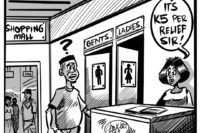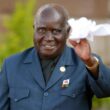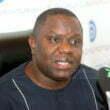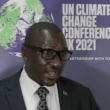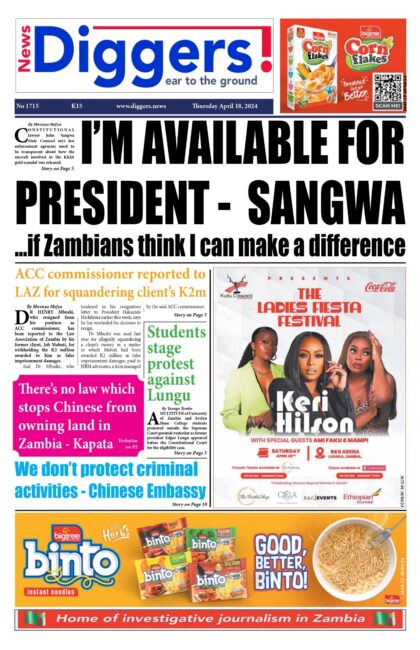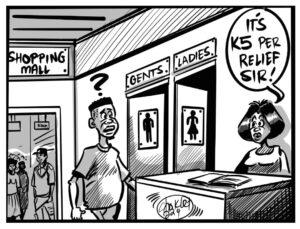First Republican President Dr Kenneth Kaunda says the proposed mining operation in Lower Zambezi National Park is the biggest threat to wildlife in history.
Speaking when he met a delegation from the Grassroots Trust, Wednesday, Dr Kaunda said the park had to be protected.
“Friends of the environment all over the world, the Lower Zambezi is a story of resilience. I am concerned about the people and their natural resources in and around the Lower Zambezi National Park. This rich ecosystem has supported people for time immemorial. Allow me to highlight some of the important points in the area’s history: • The Nsenga Luzi people under Chief Mburuma lived in the Lower Zambezi Valley for centuries managing the land and resources well, wildlife thrived. • When the Portuguese arrived and settled at Feira at the confluence of the Luangwa and Zambezi in 1546, Chief Mburuma’s people guarded the valley jealously and protected the wildlife from their avaricious hunters. • British hunters arrived in the late 1800’s and hunted thousands of elephant and other large species, the wildlife survived. • In the early 1920s Nagana arrived and wiped out most of the wildlife and the disease carried by tsetse fly began to infect the people but the wildlife recovered. • In the mid 1950’s the Colonial Government moved Mburuma’s people out of the Lower Zambezi Valley to Chitope hoping to break the sleeping sickness cycle, the wildlife survived. • Much of the Liberation war in Zimbabwe took place in the Zambezi Valley but the wildlife survived. • As soon as the war was over I declared the Lower Zambezi a national Park and the wildlife thrived. • Slowly tour operators began investing in photographic safaris in the National Park and the wildlife thrived,” Dr Kaunda recalled.
“Today, Lower Zambezi is one on Zambia’s most popular destinations for tourists, both local and international, generating more and more income for government and livelihoods for the people of Zambia. The Lower Zambezi valley also provides a critical biodiversity link between the animals in Luangwa valley and the Kafue basin. It was recently discovered that male lions move through this protected area from Luangwa to Kafue thus maintaining the diversity they require. The proposed mining operation in the middle of the National park poses the biggest threat in history to the wildlife and pristine wilderness that has survived so many centuries of challenges and supported generations of Zambians.”
He urged Cabinet to reconsider the proposed mining.
“I am happy and relieved that the Minister of Tourism, Honourable Ronald Chitotela has seen the opportunities for the people living around the Park to build viable natural resource-based economies that can sustain them and their descendants well into the future and I urge him and the Cabinet to consider this as a more holistically sound alternative to the proposed mine. Our people have a deep history and knowledge of managing their natural resources sustainably, perhaps better than anywhere else in the world. My government recognised this strength in 1984 with the introduction of decentralised wildlife management under the LIRDP pilot in the Luangwa and later Admade and I’m pleased that this policy has been mainstreamed and extended to forestry and fisheries through Acts of parliament. Much more needs to be done to re-build robust community-based resource management structures that involve and benefit every man, woman and child and contribute to building viable sustainable economies in each catchment across Zambia,” said Dr Kaunda,
“Let us imagine what the kind of life every Zambian wants, be clear about how the environment must look like to produce such lives and plan our management towards that context so that no more time is wasted chasing false promises from the extraction industry. In line with Honourable Chitotela’s vision, we all need to mobilise efforts to help the people of Luangwa, Rufunsa, Chiawa and Chongwe districts to regenerate their natural resources and build a truly sustainable economy that can serve as an example to the rest of the country.”





